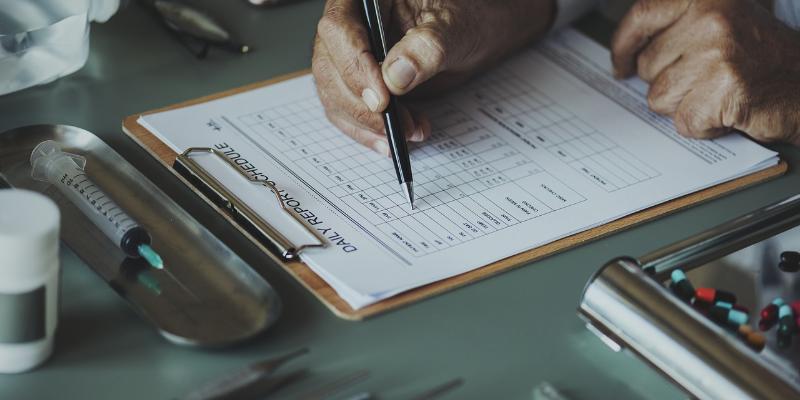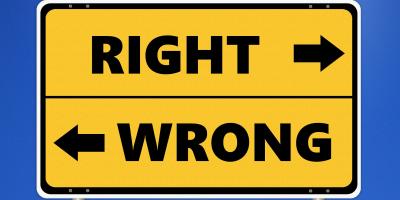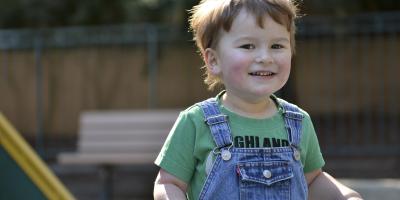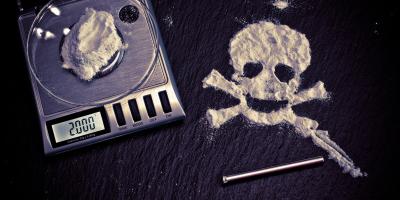The child’s psychomotor development, speech development, the condition of the child’s teeth are the basic elements to be assessed by a doctor during a periodic medical check-up. It is the parents’ responsibility to ensure that the check-ups are carried out regularly.
"Children’s medical check-ups are an important element of prophylactics. They enable the early detection of such health problems as vision defects or faulty posture, which, if neglected, can impact not only on a child’s health but also on his/her educational achievements," emphasises Professor Anna Obuchowicz, the Paediatric Therapy Consultant for the Silesian Province.
Most medical check-ups are carried out in the first year of a child’s life
The highest number of health checks are scheduled in the first year of a child’s life. These include check-ups between the first and the fourth week, between the second and the sixth month, in the ninth month and after reaching one year.
The tests consists of measuring the circumference of a child’s head, chest, and the body weight, checking for hepatitis, assessing the child’s neurological condition, auscultation, examining the stomach, checking the hip joints for inborn dysplasia, measuring the size of the crown of the head, assessing the so-called dental age, and evaluating hearing ability. Boys are also examined with regard to the presence of testicles in the scrotum. When the child is one year old, the doctor should also check the blood pressure.
The child’s weight and height measurements are marked on the so-called centile rank, which is one of the methods of objectively assessing children’s physical development.
Periodic check-ups are also an opportunity to raise awareness among parents of the importance of providing the child with the necessary dose of Vitamin D and calcium, which determine the proper development of the skeleton.
Medical check-ups for two-year-olds – why are they so important?
One of the most crucial check-ups is when the child reaches two years of age, the so-called routine health check for two-year-olds. During this check-up, apart from measuring the child’s weight and height, blood pressure and examining the hearing ability, speech development is also assessed and the so-called Hirschberg test for strabismus is performed. Among the evaluated health aspects there are also the psychomotor development, previous vaccinations and diseases. The doctor also carries out a detailed interview with the parents.
The specialists emphasise that medical check-ups for two-year-olds are so crucial because the next obligatory health check is when the child reaches the age of four, when it may be too late for treating some previously undetected diseases or defects.
Professor Anna Dobrzańska, the National Paediatric Therapy Consultant adds that this examination also makes it possible to “determine whether the mother provides the child with proper nutrition; nutritional mistakes may cause irreversible changes in metabolism, which in the future may trigger type 2 diabetes, the metabolic syndrome or hypertension."
When should further examinations be performed?
Medical check-ups for four-year-olds, apart from the examinations carried out at the age of two, also include the assessment of children’s oral hygiene.
Five-year-olds, if they do not attend a kindergarten, undergo a typical examination in the outpatient healthcare centre; otherwise the child is examined within the obligatory pre-school preparation. The examination consist of the measurement of physical development and of blood pressure, the assessment of the child’s psychomotor development, speech, lateralisation, the motion system, the oral cavity and vision, and in case of boys - checking for the presence of testicles in the scrotum and the genitourinary system defects. An interview with the child’s guardians is carried out and the child’s medical documentation is reviewed.
Children will undergo the same type of check-up in the 3rd grade of primary school, where puberty, the thyroid, and the psychosocial development are evaluated. Similar examinations should be carried out in the 1st grade of lower secondary school, and later in the 1st and last grade of secondary school, before reaching the age of 19.
Children up to the age of 16 are examined in the presence of their guardians.









Comments (0)